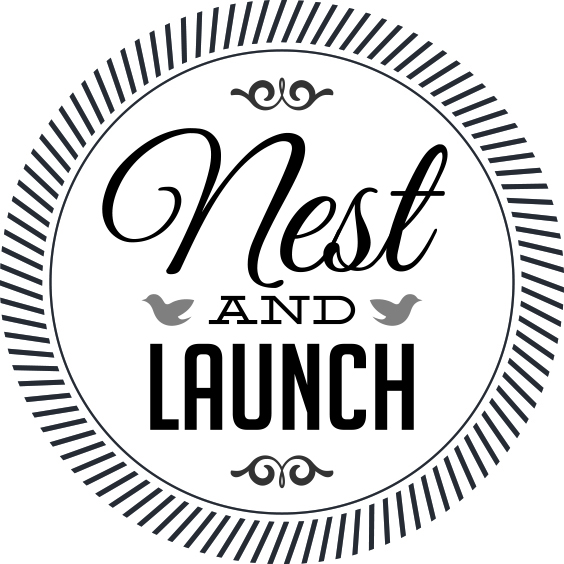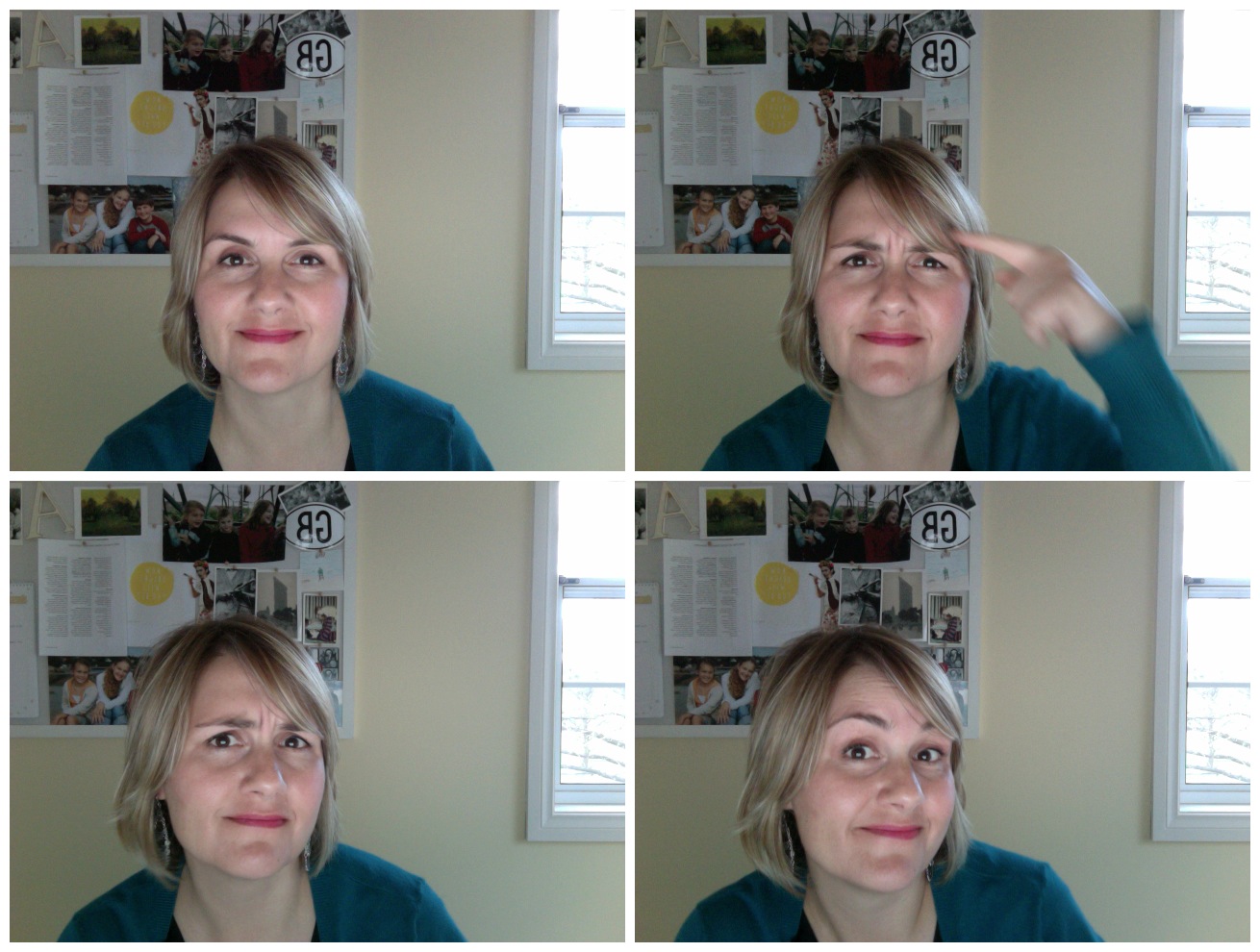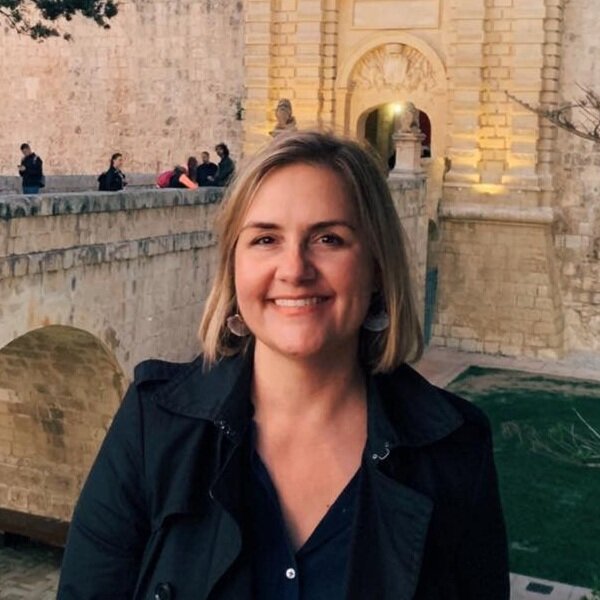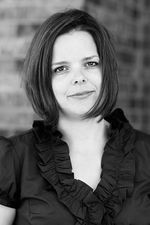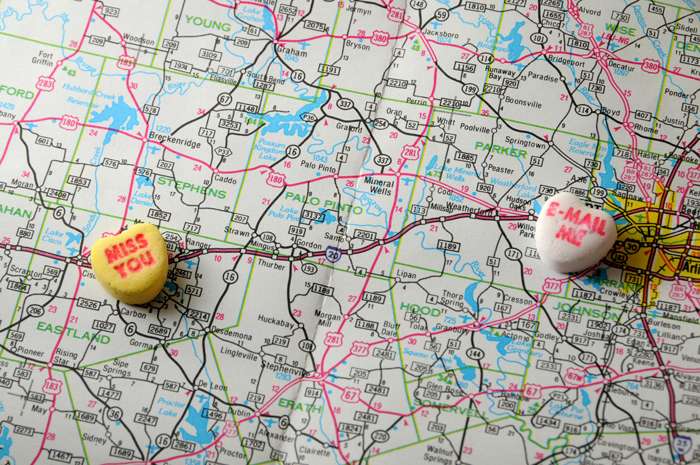Sunday thoughts: On being prodigal and otherwise
/Spiritual development has been on my mind lately, partly because it's a natural topic when you're a mother of teens and young adults, partly because I love to think about anything development related, and partly--mainly--because I've been thinking about my own in this midstage of life. Let's see if I can wrangle these thoughts into words.
In my church (as with life, actually), there are a parade of milestones that happen in the first 20-30 years of your life--covenants and rites of passage that serve as religious training wheels and give a sense of spiritual momentum. After that flurry, I have found the next phase to be a different kind of challenging in the quest to sustain progression in what seems like a developmentally stagnant time.
No matter the religion, there is understandably a lot of ministering effort centered around helping people navigate the dangers and perils of the rapids of the first stage; the second has been somehow portrayed as kind of paddling around in a serene lake, trailing fingers in the water while we endure to the end. In my experience that lake can boast some pretty strong undercurrents--they are different challenges, to be sure, and we rarely address them but they're there.
Christian writer Ronald Ronheiser, in his new book Sacred Fire: A Vision for a Deeper Human and Christian Maturity, makes the point that spirituality and discipleship have stages and seasons and, accordingly, different challenges and tasks. (The developmentalist in me stood up and cheered! Seriously, I could not stop underlining this book. It fits so well with Erikson's stages of development.) He explains:
The first phase, essential discipleship, is the struggle to get our lives together.*
The second phase, mature discipleship, is the struggle to give our lives away.
This means in the first phase we struggle largely with external things, physical appetites, and our place in the world--who to be. In the second phase the struggle is more internal as we figure out how to be (and specifically how to focus away from ourselves and be generous--a la Erickson's stage of generativity). To illustrate his point he uses the parable of the prodigal son in a really interesting way:
"Someone once quipped that we spend the first half of our lives struggling with the sixth commandment (Thou shalt not commit adultery) and the second half of our lives struggling with the fifth commandment (Thou shalt not kill). That may be a simplification but it is a fertile image. Indeed the famous parable of the prodigal son and his older brother can serve as a paradigm for this: the prodigal son, illustrating the first half of life, is very much caught up in the fiery energies of youth and is, metaphorically, struggling with the devil; the older brother, illustrating the second half of life, struggling instead with resentment, anger, and jealousy, is metaphorically and in reality, wrestling with God" (page 6).
I've been mulling this over a lot lately. I'd always thought the parable simply described two different kinds of people. But it's a parable so it thankfully begs many different interpretations. I love thinking of it this new way, illustrating a developmental progression for each of us. And I'm always going to applaud an interpretation of a passage that forces us to apply the whole thing to our own selves rather than thinking in terms of us and them.
By the way, I had also somehow assumed "prodigal" meant wayward and rebellious but its definition is more about being lavishly abundant and extravagant. As in (aha! lightbulb moment!) prodigious. So the prodigal son went overboard, wrapped up in the abundance and sensory overload of life, producing and consuming and spending (time, energy, money) until he was depleted. (I can relate, ahem.)
In contrast the older son struggles with his internal landscape of jealousy and comparisons and ideas of fairness. His developmental crisis is all about learning to be generous and to throw away the scorecard. While the younger son's challenge is to put himself in the right place, the older son's challenge and task is to put his heart in the right place. This spiritual stage, represented by the older son in the parable, asks us to refine ourselves and better embody what we believe. Rolheiser gives the following suggestions on some of the invitations of mature discipleship (they're not for wimps!):
- be willing to carry more and more of life's complexities with empathy
- transform jealousy, anger, etc., rather than give them back in kind
- let suffering soften your heart rather than harden your soul
- forgive
- live in gratitude
- be wide in your embrace
- bless more and curse less (as in give love/support not spite/complaint)
- stand where you are supposed to be standing and let God provide the rest
I've been carrying around these thoughts for a few weeks, trying them on and wearing them like new shoes, and they seem to fit where I am right now. And--bonus--they seem to fit several other arenas in my life beyond the spiritual (like all of them: parenting, education, career, relationships, creativity, life aspirations) as I continue to try to figure out what it means to truly be a grown-up--in the gospel and otherwise--while admittedly still reverting to some prodigal ways now and then, too.
Pretty personal, I know, but I'm posting this in hopes there's a kernel of truth here for you regardless of your religion or perspective. Either way--happy Sunday!
